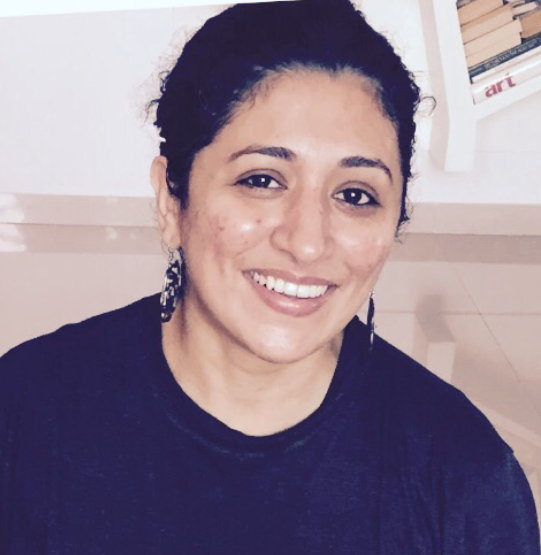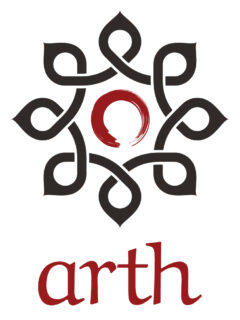What is Counselling and Arts Based Therapy (ABT)?
Counselling is the process of talking with a trained professional about individual/family issues. Counselling usually aims at decreasing emotional distress, providing support in recovery, assistance in dealing with challenging situations, increasing an understanding of ones own thoughts, feelings and behaviours and strengthening relationships. The Counselling approach used at ARTH can best be described as an ‘Integrated Approach’. While our orientation primarily comes from the Buddhist study of Mind and Mind training, this practice is integrated with components of various Western schools of thought such as the Humanistic Approach, and Cognitive Behavior Therapy.
Arts-Based Therapy (ABT) is the use of art forms in healing and recovery with a trained professional. ABT as practiced at ARTH is guided by Indian mind traditions.
Both, counselling and ABT are empowering processes that require a collaborative relationship between the client and the professional.
Please note, that during this time of COVID related lockdowns and social distancing, all forms of ABT may not be available since sessions are only being offered online until further notice. Sessions in our office may begin by the end of 2020, or early 2021 as deemed fit.
The Therapeutic Process
The process of Counselling and Arts Based Therapy offers a safe space to explore individual issues, build on strengths and capacities, and receive support, thereby facilitating change and growth. The process serves as a space to draw attention to our thinking patterns and our ways of making sense of the world around us, and our own behavior and interactions. This exploration often leads to insight and a deeper understanding of ourselves and our own habits and ways of sense-making, which in turn guide our reactions and responses. The therapeutic process allows for a non-judgmental space that can then lead to exploring new responses and ways of being, which may be in greater alignment with who you want to be/how you want to live.
The duration and frequency of the Counselling and/or ABT sessions are determined by the specific needs and goals of the client. And while counselling and Arts Based Therapy have been shown to be effective in decreasing distress, improving communication and resolving several specific problems, a successful outcome is the result of multiple causes & conditions and can therefore not be guaranteed.
The client-counsellor relationship is a unique one that requires an active commitment from both parties. At ARTH, we are committed to providing a comfortable, supportive and professional environment conducive to insight, healing and personal growth.
The commitment required from the client is to identify their goals in counselling and be willing to explore issues related to those goals. This may sometimes require the client to discuss difficult situations or painful emotions. While there is no set prerequisite to starting therapy, our experience shows that therapy is often most effective when,
- you feel ready to explore some of the aspects of your life that may be causing you distress
- you are able to recognize that some of the distress / challenges in your life may have an ‘internal’ component, and they are not only caused by the external situations/people
- you recognize the very ‘human’ nature of therapy, in terms of how this is a relationship and requires deep commitment from both the Counsellor and the Client.
Please note: We are restructuring and not taking any new clients at this stage.
ABOUT OUR FOUNDER:

Dr. Nivedita Chalill is a Mental Health Professional with diverse experience over two decades in a variety of organizations. Her academic training in Occupational Therapy (Seth G.S.Medical College), Social Work (M.A in Medical Psychiatric Social Work, M.Phil & Ph.D from Tata Institute of Social Sciences) and Arts Based Therapy (WCCLF, Pune) has emphasised on the needs and strengths of people living with mental health issues. In her career she has provided care in acute health settings and counselling centres, and has also worked for suicide prevention and disaster relief. She has served as faculty at the Tata Institute of Social Sciences and continues to serve as a resource person for a range of courses, training programs and conferences. She stays passionate about learning, and is currently pursuing a four-year program in Buddhist Philosophy from Tibet House (Cultural centre of His Holiness the Dalai Lama, New Delhi).
